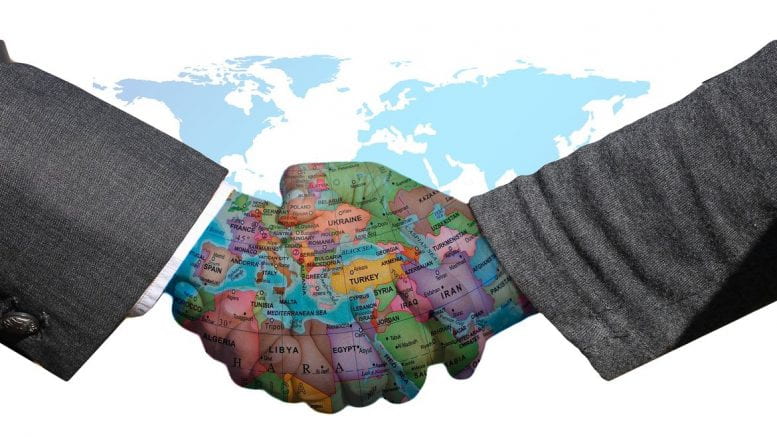It is where Model UN delegates rise and fall: the unmoderated caucus. Some delegates cut off others to get a point in in front of the judge, while others choose to run quieter operations as they pick off others to form a smaller group. Some delegates choose to write down the ideas of others to show understanding, while others assert their dominance and intelligence by poking holes in the ideas of their fellow delegates. There are even delegates who aim to show their personality by telling jokes or anecdotes, with the hope that it will make them more personable and easy to work with.
It is not a science. There is no formula for earning trust and respect, no flow chart to show which style best suits a particular person. The only way to know is to be true to yourself and to fail until you naturally develop into the style of diplomacy which best suits you.
But there is another form of diplomacy: not the kind between other “nations” on the world stage, but rather between people every day: “everyday diplomacy.” The style that we have of interacting with people on a professional basis guides our success in those environments.
Many of us will one day encounter — if we have not already — people with drastically different backgrounds, perspectives and most importantly, beliefs from our own. In order to interact and solve conflicts with others in this scenario, we need to find common ground, and talk through possible solutions in order to move forward. It hinders us if we are not able to work effectively with people, even complete strangers, in order to achieve our goals.
So much like MUN delegates are forced to do at any conference, we should all work towards developing our own everyday diplomacy so that we can seek to build the ideal world for ourselves just as large nations attempt to do on the world stage.
